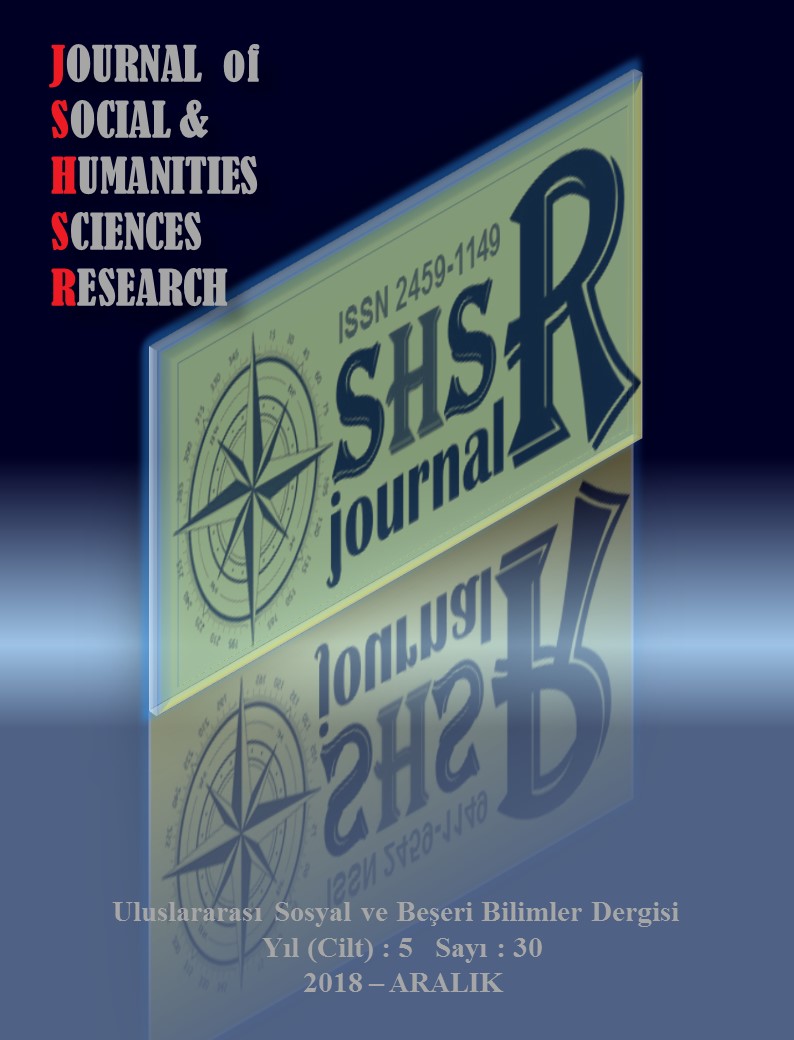TWIN SISTERS’ SURVIVAL STRUGGLE: CONFLICT THREATS AND PEACE
DOI:
https://doi.org/10.26450/jshsr.860Keywords:
World Peace, Liberal Democracy, Security, Conflict ThreatsAbstract
Peace and democracy are just two sides of the same coin, where two components are assumed to reinforce one another. Thus to understand the prospects for world peace, we must understand why wars or potential threats are such a recurring event in the history of nation-states. In relation to that, it is also important to understand the nature of international affairs and the determining factors which cause action, reaction, cooperation, hostility and peace between states in the international system. Liberal democratic states, established individual rights such as equality before the law, free speech and other civil liberties, private property, and elected representation are supposed to be against war. When citizens who bear the burdens of war elect their governments, wars become needless. Furthermore, with liberal democracy, citizens appreciate that the benefits of trade, democracy and living in harmony can be enjoyed only under the conditions of peace. But this study claims that, establishing sustainable peace bears many unsolved problems. Especially in a world that hosts a wide variety of global threats, the sustainability of democratic principles and securing the world order become more and more difficult. Conflict and potential threats are still one of the most important survival issues of the democratic states. In order to protect their own citizens, the states can easily apply undemocratic approaches to other states. Is it possible to provide world peace? Is destroying potential threats sufficient to provide world peace? This study will present a historical analysis while answering these questions, and after explaining potential threats, assess how those who act to provide world peace become potential threats
Downloads
Published
How to Cite
Issue
Section
License
Copyright (c) 2018 INTERNATIONAL JOURNAL OF SOCIAL HUMANITIES SCIENCES RESEARCH

This work is licensed under a Creative Commons Attribution 4.0 International License.


